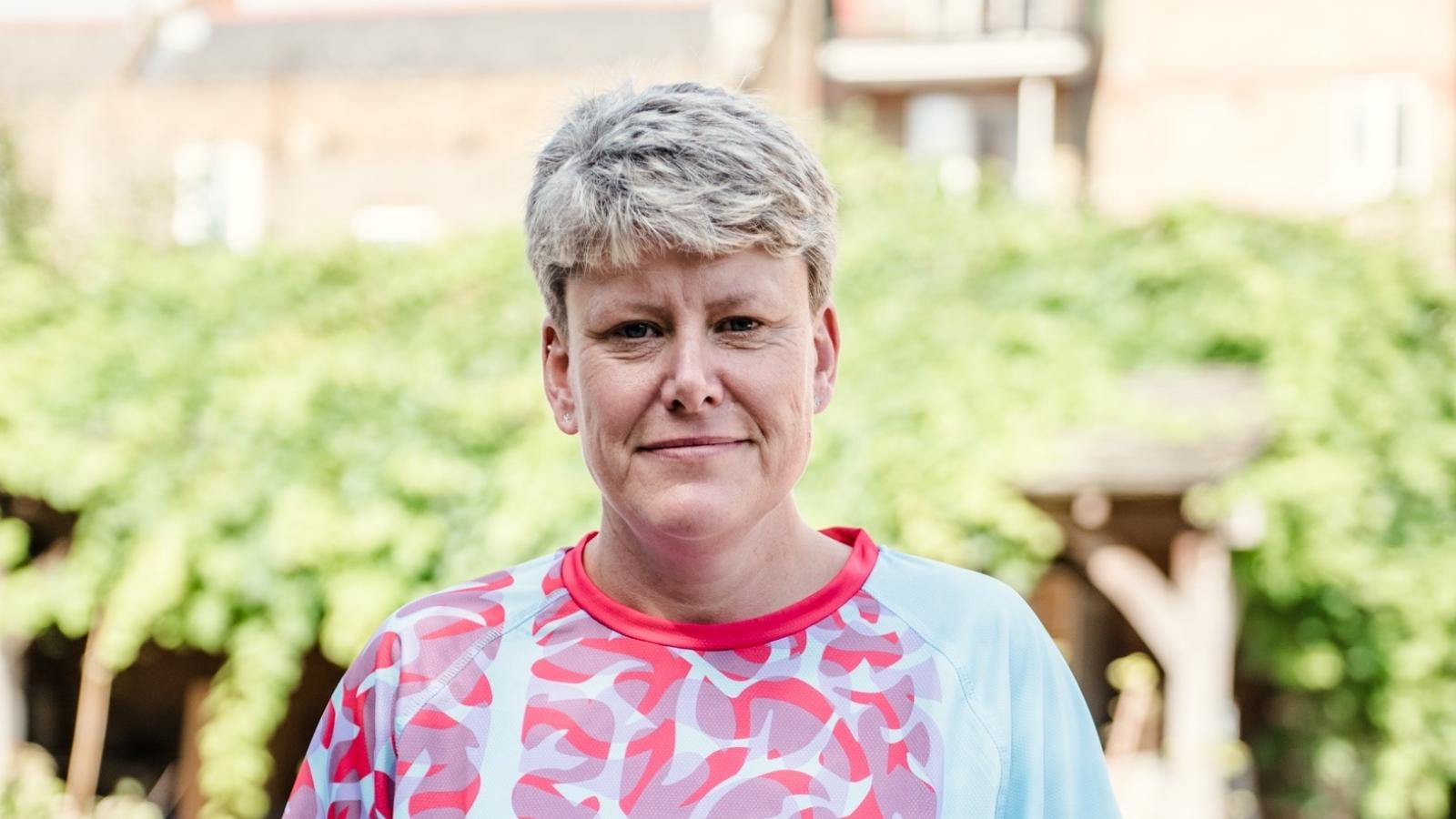Dr Amanda Heslegrave works in our UK DRI hub at UCL. Amanda started her scientific career at the Institute of Neurology at a time when her grandmother was ill with Parkinson’s disease and showing signs of dementia. Amanda had no idea at that time that dementia was a part of so many neurodegenerative diseases or indeed that it really is not a normal part of ageing. Now, she feels much more informed and is inspired in her day to day by the people and their families who allow scientists to use their samples for research.
A keen runner, Amanda has already run a fair few marathons but this time is running for a fantastic cause and is proud to run the London Marathon 2019 for the Dementia Revolution so that we can continue to work to beat this awful disease.
Here, Amanda gives us insight into her work on fluid biomarkers.
My work to help beat dementia once and for all
I work at the UK Dementia Research Institute at UCL. Our lab is involved in developing new biological tests that can give us important information about the diseases that cause dementia. These biological measurements are called biomarkers and can take many different forms, but we are interested specifically in measurements from human body fluids such as blood and cerebrospinal fluid. Cerebrospinal fluid is of particular interest to people who work on dementia as it is the fluid that bathes the brain and so can contain molecules and proteins that give us information about the state of the brain in health and disease.
Detecting dementia early
We compare fluid from people who have dementia and people who are healthy in order to discover important differences. This gives us clues as to what is happening in the brain to cause these diseases. We also study fluids from people who we know are at risk of a disease due to very rare genetic mutations. This allows us to investigate the very earliest changes. Studies have shown that the changes in the brain associated with dementia can start many years before symptoms. Better biomarkers will help us detect these early changes and when we have the right treatments, that brings the possibility of preventing disease before it starts, which would be the very best outcome.
Testing new treatments
Fluid biomarkers can also help us see if new treatments are working. We can use them to measure whether drugs are actually engaging with biological targets to reduce (or perhaps increase) levels of certain proteins, or reduce damage to brain cells. Fluid biomarkers can help us to ensure that we have the right patients in the right trials, dementia is caused by a complicated set of diseases and this could be key.
The next breakthrough in dementia biomarkers
Most exciting for me right now is the wealth of highly sensitive equipment we have put together in our lab in the UK DRI centre at UCL which is enabling us to collaborate with scientists across the UK DRI and further, where we are showing very promising results measuring biomarkers in blood that we simply weren’t able to detect before. Some of these biomarkers are acting as they do in the spinal fluid meaning that we could obtain samples much more easily with a much less invasive procedure, more quickly and as we need the money for other research, more cheaply! It also enables us to think about future screening, once we have the treatments to make that useful in real life terms.
